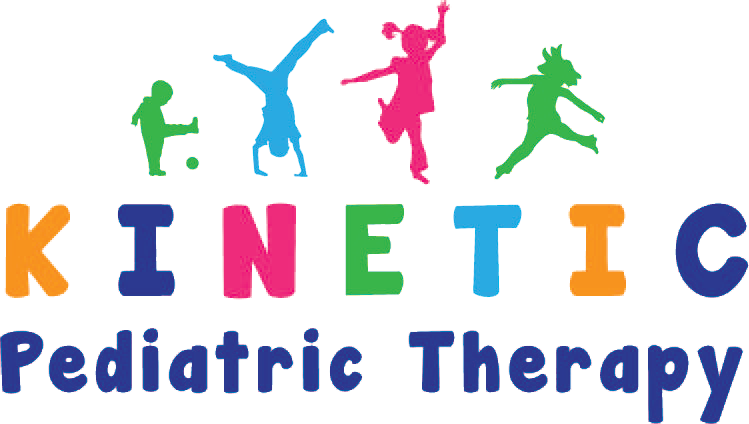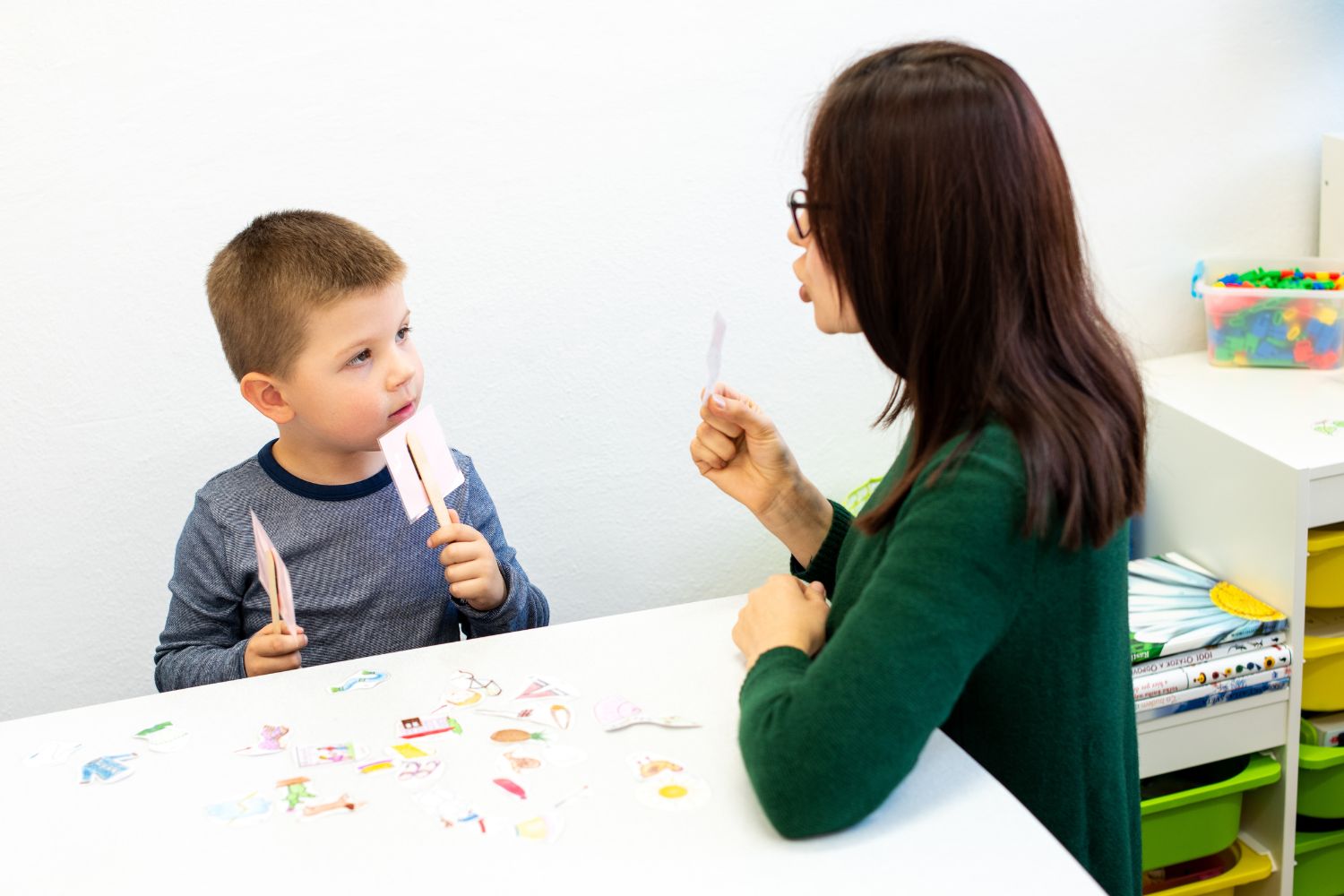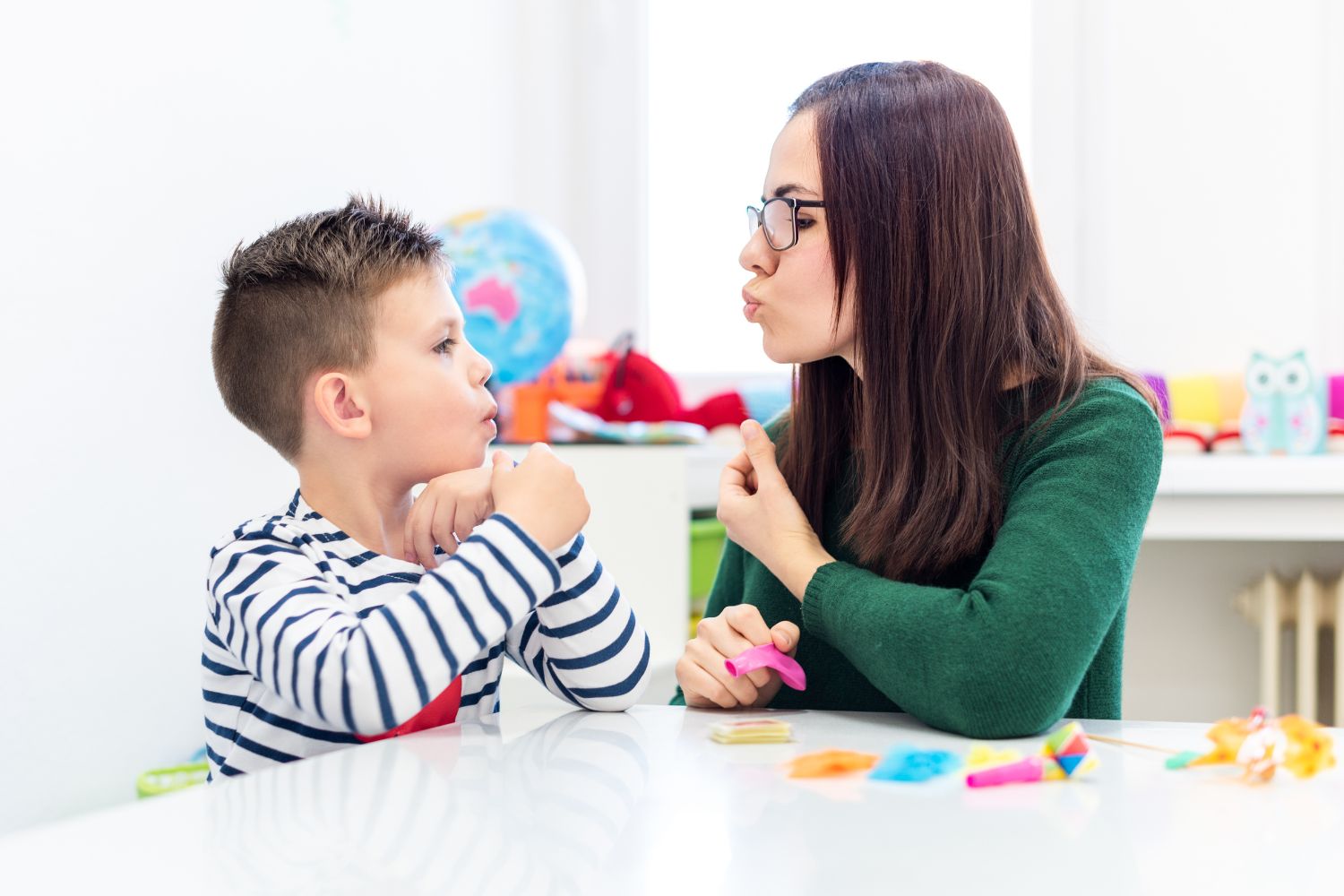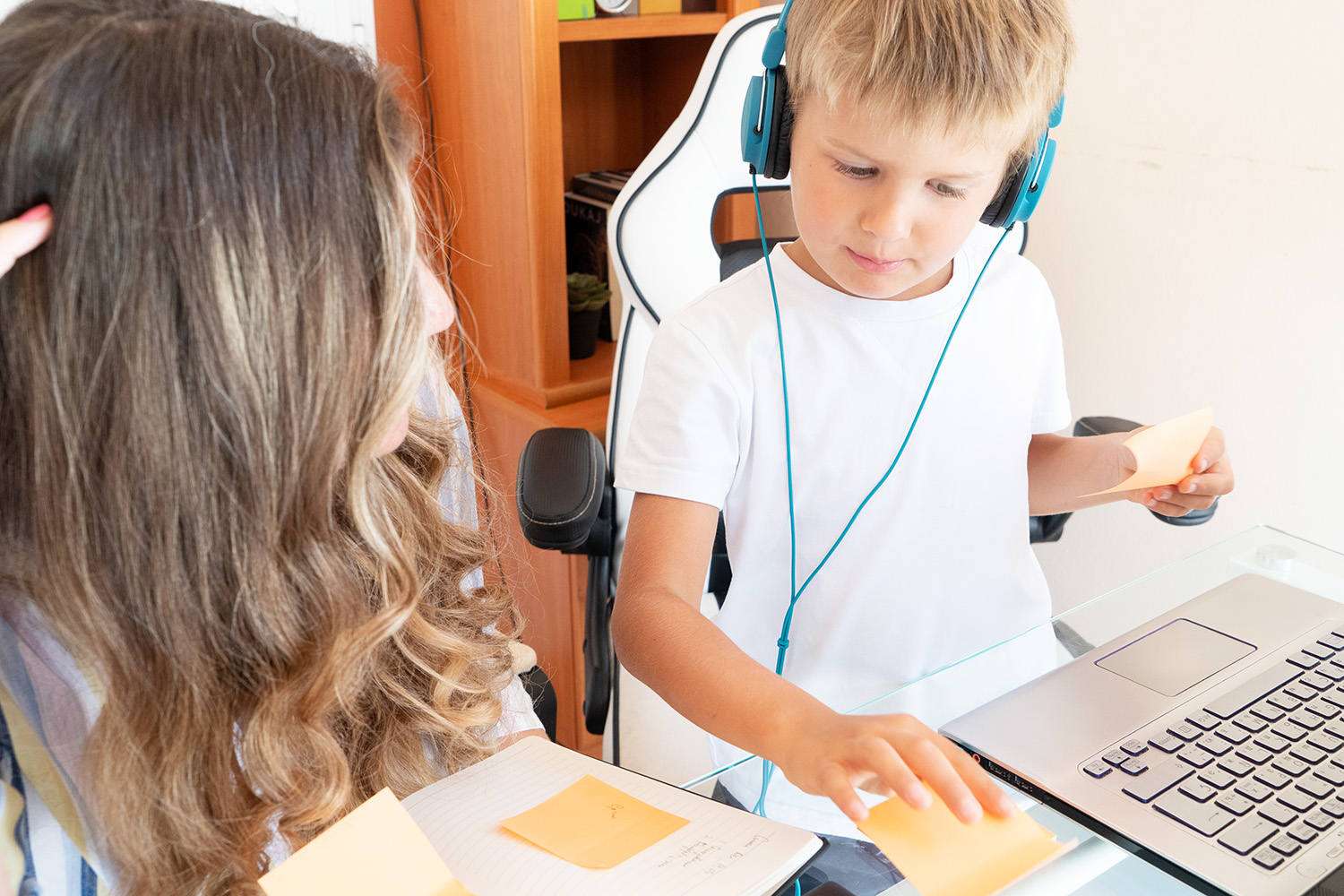
Speech Therapy and Social Skills
Creating Inclusive Learning Environments in Schools
Communication is the key to social interaction, and for students with speech and language challenges, difficulties in communication can create barriers to social inclusion. Speech therapy is essential in helping students develop the social skills they need to engage with their peers, form relationships, and fully participate in the school community. By fostering social skill development, speech therapy plays a critical role in creating inclusive learning environments where all students, regardless of their communication abilities, feel valued and included.
The Role of Social Skills in School Success
Social skills are fundamental to a student’s overall success in school. These skills allow students to interact with their peers, collaborate on group projects, participate in classroom discussions, and navigate the social dynamics of the school environment. For students with speech and language challenges, developing these social skills can be particularly difficult. Difficulty with articulation, language comprehension, or pragmatic (social) communication can lead to misunderstandings, frustration, and social isolation.
Without the ability to communicate effectively, students may struggle to form friendships or engage in social interactions with their peers. This social isolation can have a negative impact on their emotional well-being, leading to feelings of loneliness, anxiety, and low self-esteem. It can also affect their academic performance, as students who feel disconnected from their peers may be less likely to participate in group activities or ask for help when needed.
Speech therapy addresses these challenges by helping students develop the social communication skills they need to interact with others confidently and effectively. By improving their ability to communicate, students are better equipped to form relationships, engage in social activities, and feel included in the school community.
How Speech Therapy Supports Social Skills and Communication
Speech therapy focuses on more than just speech production and language comprehension; it also helps students develop the pragmatic communication skills necessary for social interactions. Pragmatic communication involves understanding and using language in social contexts, such as knowing when to speak, how to take turns in conversation, and how to interpret nonverbal cues like facial expressions and body language.
For students with speech and language challenges, these aspects of communication can be particularly difficult to master. Contract speech therapists work with students to teach them the rules of social communication, helping them understand how to engage in conversations, share information, and interact appropriately in different social situations. This might involve role-playing exercises, social stories, or games that help students practice these skills in a structured and supportive environment.
In addition to teaching pragmatic communication skills, speech therapists also help students improve their articulation and language comprehension, which are essential for effective social interactions. By working on these foundational communication skills, therapists enable students to express themselves more clearly and understand what others are saying, reducing the likelihood of misunderstandings and frustration in social situations.
Fostering Inclusion Through Improved Social Skills
One of the most important goals of speech therapy is to foster social inclusion for students with communication challenges. Inclusive learning environments are built on the principle that all students, regardless of their abilities, should have access to the same opportunities for learning and social development. For students with speech and language challenges, this means being able to participate fully in classroom activities, group projects, and social interactions with their peers.
Speech therapy helps create these inclusive environments by addressing the communication barriers that can prevent students from engaging with their peers. As students develop stronger social communication skills, they become more confident in interacting with others, leading to greater participation in group activities and a stronger sense of belonging in the school community.
Inclusive learning environments benefit not only the students receiving speech therapy but also the entire school community. When students with speech and language challenges are able to communicate effectively and participate fully in classroom activities, it fosters a sense of empathy and understanding among their peers. This helps to create a more accepting and supportive school culture, where differences are celebrated and all students feel valued.
Benefits of Early Intervention Speech Therapy
Building Peer Relationships Through Speech Therapy
One of the most significant social challenges for students with speech and language difficulties is forming and maintaining friendships. Communication is at the heart of building relationships, and when students struggle to express themselves or understand others, it can be difficult for them to connect with their peers.
Speech therapy helps students develop the communication skills necessary to build and maintain friendships. By improving their ability to articulate their thoughts, understand social cues, and engage in conversations, students become more capable of forming meaningful connections with their peers. These relationships are essential for a student’s emotional well-being, as they provide a sense of belonging, support, and companionship within the school environment.
In addition to helping students build friendships, speech therapy also teaches them how to navigate social conflicts. Conflict resolution is a critical social skill, and students who struggle with communication may find it difficult to resolve disagreements with their peers. Speech therapists work with students to teach them strategies for managing conflicts, such as using “I” statements, active listening, and expressing emotions in a healthy and constructive way. These skills are essential for maintaining positive relationships and fostering a sense of community within the school.
Building Confidence Through Speech Therapy
The Long-Term Impact of Social Communication Skills
The social communication skills that students develop through speech therapy have a lasting impact on their lives, both in and out of school. These skills are essential for success not only in academic settings but also in personal and professional relationships throughout life. Students who develop strong social communication skills are better equipped to collaborate with others, advocate for themselves, and navigate social situations with confidence.
As students grow older and transition into adulthood, the ability to communicate effectively becomes even more critical. Whether it’s in the workplace, in higher education, or in social settings, strong communication skills are essential for success. By providing students with the tools they need to communicate confidently and effectively, speech therapy sets them up for long-term success in all areas of life.
Speech therapy plays a vital role in fostering social skill development and creating inclusive learning environments for students with speech and language challenges. By addressing communication barriers and teaching students the social communication skills they need to interact confidently with their peers, speech therapy helps students build relationships, engage in classroom activities, and feel included in the school community. These skills not only enhance their academic and social success but also have a lasting impact on their emotional well-being and future success in life.
🏃♂️ Help your students reach their full potential with expert Pediatric Physical Therapy! Kinetic Pediatric Contract Therapy offers tailored physical therapy services to schools across North Carolina, helping children improve their strength, mobility, and coordination. Our dedicated therapists work one-on-one with students to ensure they have the tools they need to succeed both in the classroom and in life. 🌟 Empower your students with the support they deserve—bring our Pediatric Physical Therapy services to your school today and promote their physical well-being and growth!
Please Share




